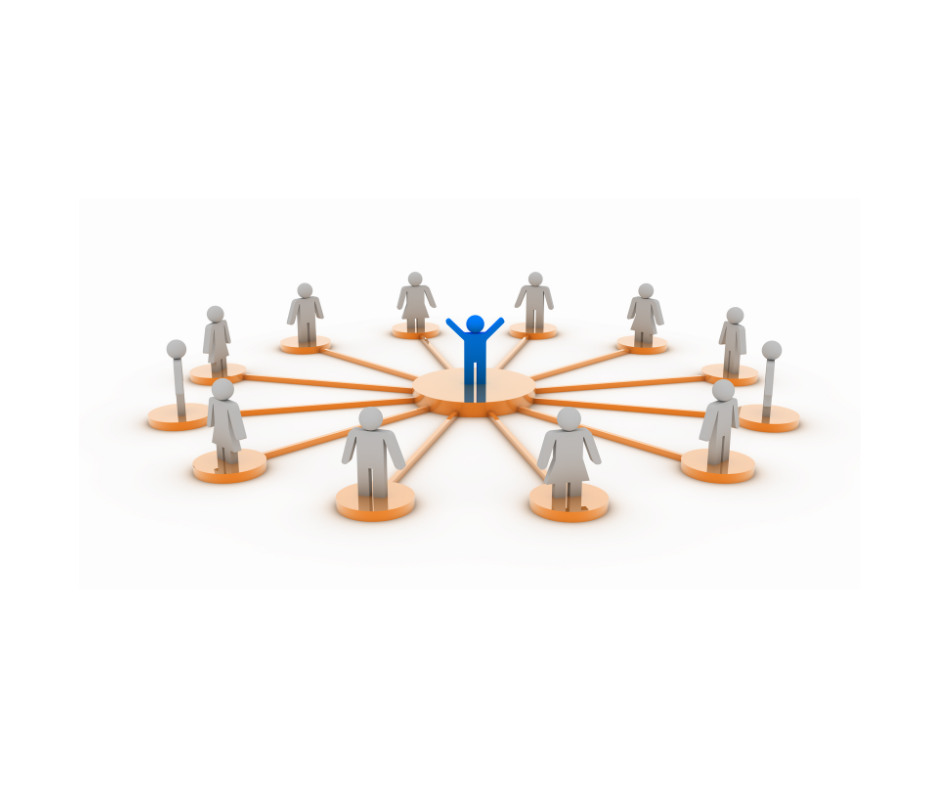
Mental illness is not, in any way, shape, or form, a choice.
It has, however, always been my opinion that it bestows upon the sufferer two choices: to be felled at the knees or to become resilient enough to withstand the storm. Beyond all reasonable expectation and explanation, I chose resilience. My name is Sascha, and this is the Cliff Notes version of that story.
Mental illness has presented me with many, shall we say, opportunities to grow and cultivate an impressive level of resilience, and it has become a quality upon which I pride myself. I take a private pleasure in being able to withstand things, cope with undue amounts of stress, physical pain, emotional pain, and adversity. My resiliency and downright grit have become attributes for which I am acknowledged. My ability to cope with stress, long hours, complicated responsibilities, and crises has been praised.
My wise-beyond-my-years and “parentified” child shtick were endeared when I was a child and adolescent—characteristics that made me cute, loveable, unique. Grappling with mental illness has allowed me to create a public persona of such stability, composure, and autonomy that I often felt I had no choice but to sink further into my illness to cope with this discrepancy between who I was and who I appeared to be. This is not to say that my resilience is all bad—indeed, without it, I would never be here to write this awkward yet brazen essay. In the words of my mentor, Alexandra Silber, I should be really dead, but to overstate the obvious, I am not.
I developed Major Depressive Disorder around the age of 10. I became catatonically depressed and ceased all functioning. I stopped attending school, I stopped reading, and most damningly, I stopped eating. When the body initially begins to starve, endorphins are released as it breaks down its own tissues for fuel to maintain homeostasis. Endorphins, as Elle Woods of Legally Blonde suggests, make you happy, and indeed, the release of endorphins alleviated some of the paralyzing depression I felt. And thus began my descent into an eating disorder.
In the late 1990s, nobody knew what to do with a child with anorexia. I was prescribed nutritional supplement drinks that came in tin cans and tasted like death, and I entered so-called therapy with a man who played cards with me and told my parents I was cured when my insurance benefits ran out. Needless to say, I was not cured. I continued to struggle throughout my middle school years, and upon hospitalization at 13 years old, I also picked up an additional maladaptive coping skill in self-harm.
I could discuss, ad nauseum, the saga of various treatment stays and relapses and hospitalizations, but that is not the part of my story that feels essential to share publicly. Instead, I’d like to discuss two important points: stigma and connection. As my experiences facing stigma because of my mental illnesses are a far more unfortunate story, I’ll begin there, albeit without significant detail. At this moment, I am on the cusp of five years completely free from self-harm. Although the last year or so has been a bit of rough going in terms of my eating disorder journey, I am fighting for my recovery and working with incredible outpatient providers, and most importantly, progressing.
Despite these facts, I face discrimination because of the way I look, as my body has significant scarring, and the fact that I am mentally ill. I have proven to be perfectly capable of working two jobs as a teacher, yet that often seems to be overlooked for the sole reason that I have struggled with self-harm and an eating disorder. It is repugnant, and I tolerate it because I need to be employed, and I care deeply about being a teacher. I know that this issue is not unique to me, and I feel that it is appalling that in 2020, so many people continue to face discrimination and judgement because of mental illness.
Lastly, I’d like to speak briefly about the importance of connection in mental illness treatment and recovery. I say this with the utmost sincerity and conviction: I would not be alive if people had not cared about and loved me, especially when I couldn’t love myself.
In many of my darkest moments, I was able to go on living because of my meaningful connections with others.
With those who didn’t give up on me.
With those who believed in me when no one else, including myself, did.
With those who simply stood beside me and held my hand whilst I saved myself.
The prompt of this essay was, “What People with Mental Illness Want You to Know,” and what this person with mental illness wants you to know, above all else, is how deeply grateful I am for those people. Dr. Leslie Sanders, my former physician; Dr. Shelbie Wahl-Fouts and Prof. John Forsman, my former professors; Alexandra Silber, my mentor; Christine DeSouza and Talia Becker, my outpatient treatment team; and ABOVE ALL ELSE, my best friends through it all, Annie and Marissa. Thank you.
In closing, I’d like to share a quote from my favorite musical, Next to Normal. As a musician myself, playing and singing this music has been a place of solace for many years, and this quote speaks volumes to what I want to convey: “The one thing that’s sure is that there is no cure, but that doesn’t mean we don’t fight!” And, perhaps most importantly, the last lines sung before the curtain falls: “There will be light.”

